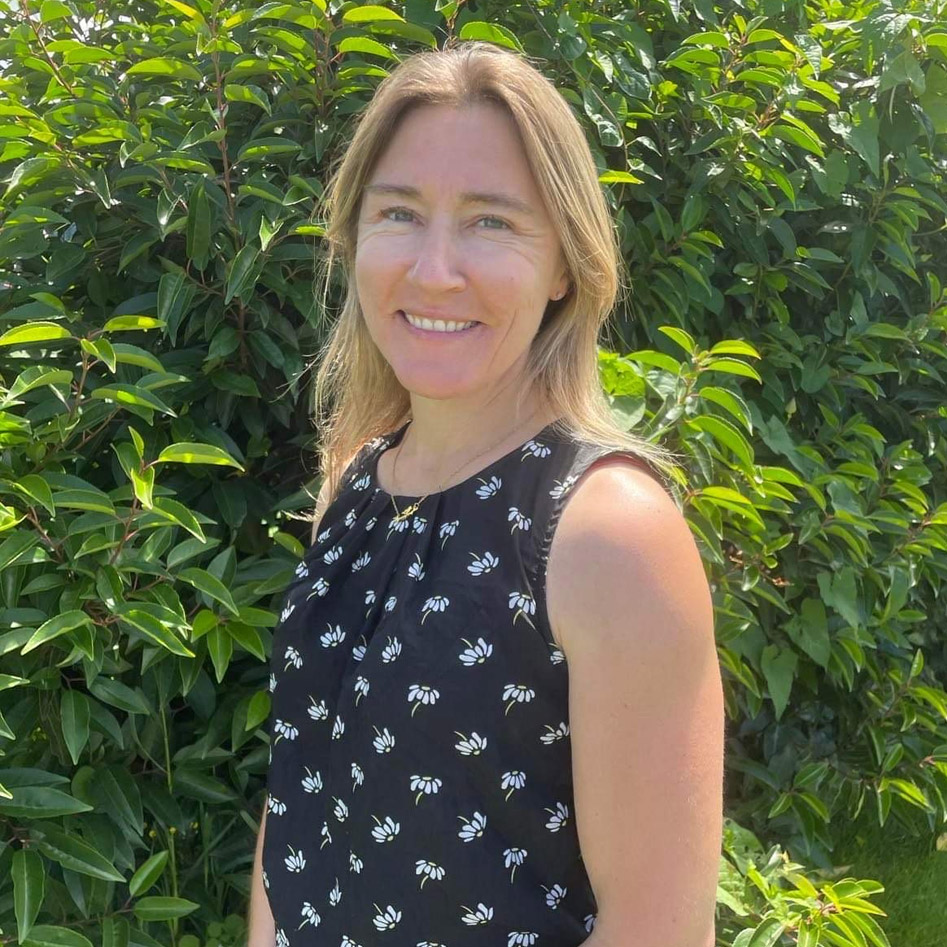Have you ever been in the situation where you’re explaining your study methods or exciting research findings to a friend and they start to get a distant, glazed-over look? They’re struggling to understand the finer detail of your conversation. Or you’ve been called on to write a progress report, funding application, or article submission and struggled to make your specialist science knowledge accessible to non-scientists or the public?
Adopting the plain language summary (PLS) approach is one strategy to increase the impact and raise awareness and visibility when you’re disseminating your scientific research knowledge.
The PLS skills you learn can transfer between written and verbal situations. You may also see these called plain English summaries, lay abstracts, and lay summaries.
A PLS will avoid acronyms and simplify scientific jargon and detailed information to make the knowledge more accessible to the general public, patients, policy makers, the media, students, and researchers in other fields. They can also be used effectively on social media. It is important to remain objective, use inclusive language, avoid promotional intent, and follow ethical principles when presenting your information in a PLS.
Readers don’t need to have vast knowledge of the topic when they read a PLS and should be able to understand it on their first encounter with the new information. To allow your audience to understand and enjoy your study, you need to guide them! The key word here is accessible. Removing ambiguity and using clear healthcare terms that the average person can relate to will reduce complexity and misunderstanding of your study.
It’s useful to ask yourself how can I make this information easier to understand or put yourself into the role of the non-expert. People want to understand your research study and findings and you’ve given time, effort, (and perhaps some tears) to it. So, there’s clearly value in learning the concepts of a PLS. A qualified medical writer can help you hone the finer details of a PLS.
Let’s compare the features of a PLS with an abstract. Both present the same content but in different ways:
PLS
- Audience is the general public, those outside of your discipline, non-scientists
- Uses clear, easy-to-understand language
- Presents why the research is important; not the how of your research
- Audience is other scientists, peer-reviewers, editors
- Uses topic-specific jargon and technical information
- Accurate and detailed overview of your research
- A practical How-to Guide to plain language summaries Research Involvement and Engagement journal article
- Good Publication Practice (GPP) Guidelines for Company-Sponsored Biomedical Research: 2022 Update
- Plain Language Expectations for Authors of Cochrane Summaries (PLEACS) The Cochrane Collaboration
- Plain language summary format – Cochrane Norway
- A list of resources for PLS creation The Center on Knowledge Translation for Disability and Rehabilitation Research (KTDRR)
- Lay summary vs. Abstract: Differences, similarities, and tips for researchers
- Plain Language Summaries Explained in Plain Language
Elion Medical Communications is an owner-operated, freelance medical communications business offering outsourced medical writing support for researchers, medical communications agencies, healthcare advertising agencies, medical device, and pharmaceutical companies worldwide.






